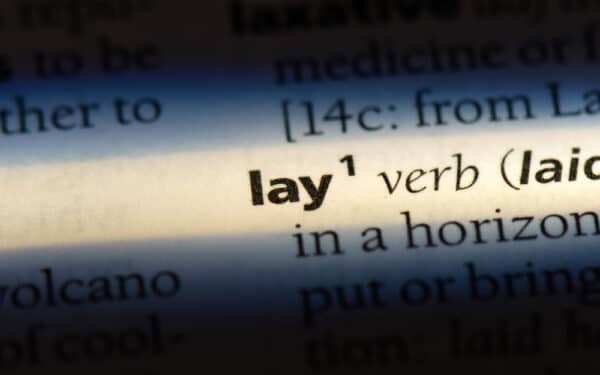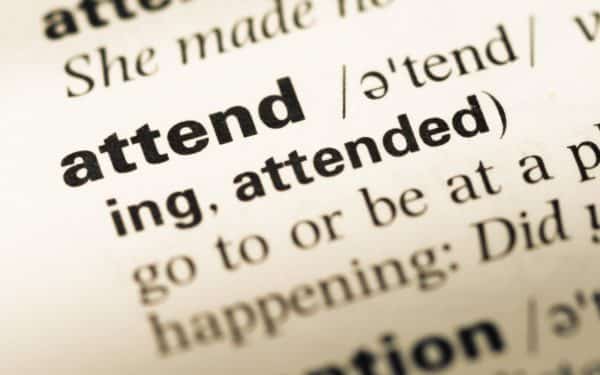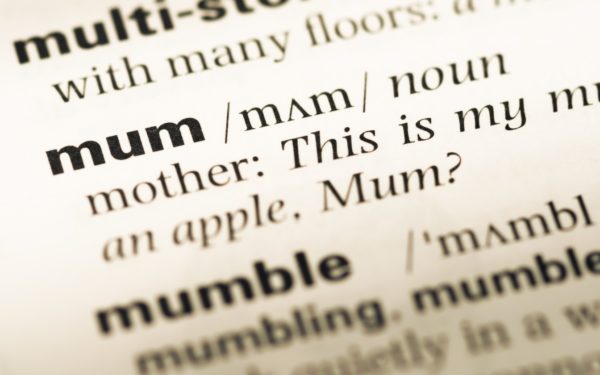
Word Watch: Lay
Even highly literate writers are caught out by the interlocking permutations of the two verbs ‘to lay’ and ‘to lie’.

Even highly literate writers are caught out by the interlocking permutations of the two verbs ‘to lay’ and ‘to lie’.

This thoroughly alien word has arrived on our shores and penetrated the higher echelons of one of our most conservative institutions.
It’s a word not much in use. Yet at the Coronation, “chrism” will be involved in the process by which the new monarch is endowed with divine grace.

‘Snuck’ doesn’t sound like a serious word at all, but there’s no watchdog insisting that additions to the English language should have a ‘serious’ etymology.

The word “attendee” has replace “attendant” in common language, but it seems likely it was originally used as a joke.

It is a common linguistic mistake to use the word dispassionate as the opposite of compassionate.

Texting and “telegraphese” has meant that we take shortcuts in our everyday speech where phrases such as “caved in” become “caved”.

This ungrammatical construction appears repeatedly in modern English, both written and spoken.

There has been a universal narrowing of vocabulary meaning that the word “mum” has come to replace “mother” or “mummy”.
Subscribe to Reaction and receive unlimited access to the site, our daily email with analysis every evening and invites to online events.
© Copyright 2024 Reaction Digital Media Limited – All Rights Reserved. Registered Company in England & Wales – Company Number: 10166531.